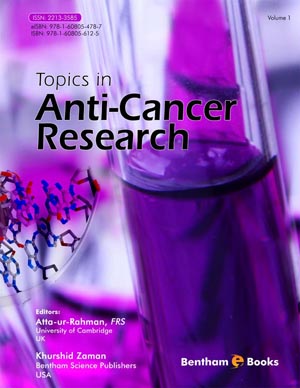Abstract
The insulin-like growth factor 1 receptor (IGF-1R) and its associated signalling system provoked considerable interest over recent years as a therapeutic target in cancer. Whilst preclinical evidence for the efficacy of IGF-1R pathway inhibitors is strong, only very modest signals of activity have been observed in the clinical setting thus far. This has prompted several pharmaceutical companies to terminate their respective drug development programmes. Far from representing an ineffective strategy, we believe that the lack of efficacy hitherto observed in unselected trials is at least partially due to a failure to restrict the use of these inhibitors to those most likely to benefit. Both patient and tumor factors, including the complex signalling networks that interact with the IGF-1R pathway, are important mediators of response. In this updated chapter, we focus on the preclinical studies and retrospective clinical data that have attempted to identify biomarkers that predict for efficacy and resistance. Some intriguing results are beginning to emerge which should, in time, prompt for a reappraisal of promising agents and lead to a second generation of clinical trials, this time in populations enriched for those likely to benefit. In particular, we discuss the available clinical data for the IGF-1R antibodies figitumumab (CP-751,871), cixutumumab (IMCA12), ganitumab (AMG-479), dalotuzumab (MK-0646), robatumumab (R1507), the IGF-1R tyrosine kinase inhibitors linsitinib (OSI-906), XL228 and AXL1717, and also consider some more recently developed agents, including the IGF-1/IGF-2 neutralising antibody MEDI-573. Finally, we review some recent patents in the field, including IGF- 1R combination therapeutics and biomarkers.
Keywords: Antibody, biomarker, cancer, colorectal, EGFR, growth hormone, HER2, insulin-like growth factor, insulin-like growth factor inhibitor, IGF-1R, IGF-1, IGF-2, IR-A, IR-B, insulin receptor, lung, personalised medicine, sarcoma, targeted therapy, tyrosine kinase inhibitor.






















